Home>Interior Design>5 Bedding Materials To Avoid: They May Be Harming Your Sleep
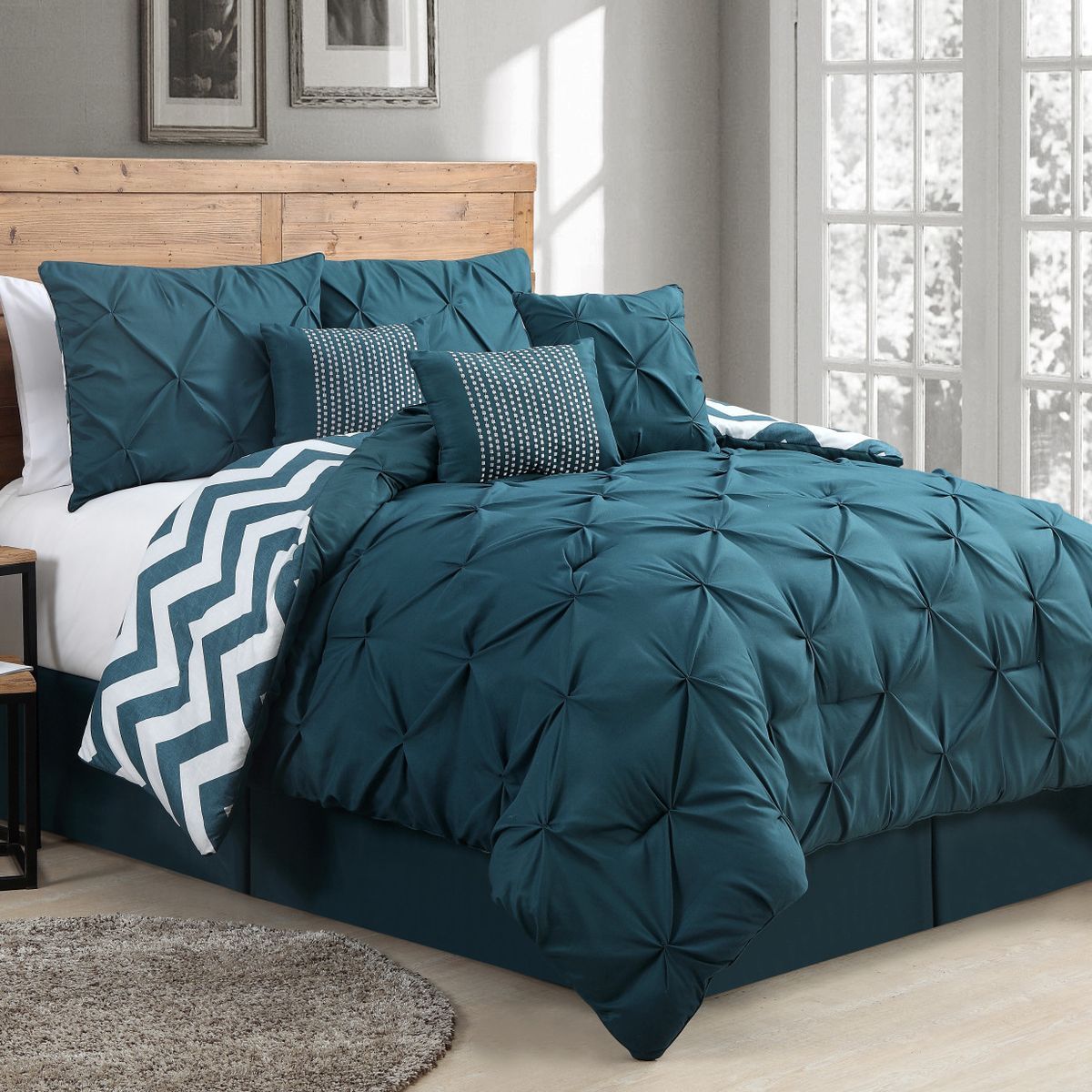

Interior Design
5 Bedding Materials To Avoid: They May Be Harming Your Sleep
Modified: September 2, 2024
Discover the top 5 bedding materials that may be hindering your sleep, and learn why you should avoid them. Improve your interior design for a better night's rest.
(Many of the links in this article redirect to a specific reviewed product. Your purchase of these products through affiliate links helps to generate commission for Storables.com, at no extra cost. Learn more)
Introduction
Getting a good night’s sleep is essential for our overall well-being and productivity. However, many people overlook the impact that bedding materials can have on the quality of their sleep. While some materials may feel cozy and luxurious, they may actually be harming your sleep in the long run.
In this article, we will explore five bedding materials that you should avoid if you want to optimize your sleep. By understanding the potential drawbacks of these materials, you can make informed choices when it comes to selecting the right bedding for your sleep sanctuary.
So, let’s dive in and discover why these materials may be hindering your precious slumber.
Key Takeaways:
- Avoid synthetic materials like polyester and satin for bedding, as they lack breathability and moisture-wicking properties, leading to discomfort and disrupted sleep. Opt for natural materials like cotton and bamboo for a restful sleep environment.
- While silk may seem luxurious, it comes with a high cost, delicate maintenance, and potential heat retention issues. Consider natural materials like cotton and bamboo for more practical and comfortable bedding options.
Synthetic Materials
When it comes to bedding materials, synthetic options are often attractive due to their affordability and wide availability. However, they may not be the best choice for a restful sleep.
One common synthetic material used in bedding is polyester. While polyester can be soft and durable, it is not breathable. This means that it can trap heat and moisture, leading to discomfort and excessive sweating during the night. Additionally, polyester bedding can accumulate static electricity, which can disrupt sleep and contribute to a restless night.
Another synthetic material to avoid is satin. Satin bedding is often marketed for its luxurious and smooth feel. However, satin is typically made from polyester or nylon, both of which are synthetic materials. Similar to polyester, satin does not allow proper airflow, causing heat retention and potential discomfort during sleep. It can also lead to increased perspiration and a feeling of being “stuck” to the sheets.
While synthetic materials may be more affordable and easy to care for, they lack the breathability and moisture-wicking properties of natural materials. This can create an environment that is less conducive to a restful and comfortable sleep.
So, if you want to prioritize your sleep quality, it is best to steer clear of synthetic materials like polyester and satin when choosing your bedding.
Foam
Foam bedding, such as memory foam mattresses and pillows, has gained popularity in recent years due to its ability to conform to the body and provide pressure relief. However, there are some drawbacks to consider when it comes to using foam materials for your bedding.
One of the main concerns with foam is its tendency to retain heat. Foam mattresses and pillows have a dense structure that can trap body heat, leading to a feeling of excessive warmth during sleep. This can be particularly uncomfortable for those who naturally sleep hot or live in warmer climates. The heat retention of foam can disrupt sleep and result in night sweats, which can further disturb your sleep cycle.
Another issue with foam bedding is its possible off-gassing. Foam is made from synthetic materials and can emit volatile organic compounds (VOCs) into the air. These VOCs can have a strong smell and may cause respiratory irritation or allergic reactions in some individuals. While many foam products undergo a “off-gassing” period where the odor dissipates, it may take some time before the smell completely fades away.
Additionally, foam can be prone to sagging over time, which can affect the support it provides to your body. This can lead to discomfort and improper spinal alignment, potentially causing back or neck pain. It is important to regularly rotate and flip foam mattresses to minimize the risk of sagging.
Considering these factors, foam bedding may not be the best option for those seeking a cool and breathable sleep environment. If you are sensitive to heat or concerned about chemical odors, it might be worth exploring alternative bedding materials.
Polyester
Polyester is a common bedding material that is often chosen for its affordability and durability. However, when it comes to optimizing your sleep, polyester may not be the best option.
One of the main drawbacks of polyester bedding is its lack of breathability. Polyester is a synthetic material that does not allow for proper airflow, resulting in heat retention and a stifling sleeping environment. This can make it difficult for your body to regulate its temperature during the night, leading to discomfort and disrupted sleep.
Furthermore, polyester bedding does not have good moisture-wicking properties. As a result, it can trap sweat and moisture, creating a damp and uncomfortable sleeping surface. This not only affects your comfort but can also create a breeding ground for bacteria, allergens, and dust mites, which can impact your respiratory health.
In addition, polyester may not offer the same level of softness and luxury as natural materials like cotton or bamboo. While it can feel smooth to the touch, it lacks the natural fibers that provide breathability and a soft, cozy feel against your skin. This can make your sleep experience less pleasant and may contribute to a restless night.
Lastly, it’s worth noting that polyester is not an environmentally friendly choice. As a synthetic material, it is derived from non-renewable resources and is not biodegradable. This means that polyester bedding contributes to environmental waste and pollution.
If you are seeking a comfortable and breathable sleep environment, it is advisable to choose bedding made from natural materials instead of polyester.
Avoid bedding materials made with synthetic fibers such as polyester, as they can trap heat and moisture, leading to discomfort and disrupted sleep. Instead, opt for natural materials like cotton, bamboo, or linen for a more breathable and comfortable sleep environment.
Satin
Satin bedding is often associated with luxury and elegance. Its smooth and lustrous finish can lend a touch of glamour to any bedroom. However, when it comes to optimizing your sleep, satin may not be the best choice of material for your bedding.
Satin is typically made from synthetic materials such as polyester or nylon. Although it may feel silky and soft to the touch, satin lacks the breathability and moisture-wicking properties of natural materials like cotton or bamboo.
One of the main drawbacks of satin bedding is its poor airflow. Satin sheets and pillowcases do not allow for proper ventilation, which can lead to heat retention and discomfort during sleep. This can cause you to feel hot and sweaty, disrupting your sleep and affecting your overall sleep quality.
In addition, satin can be slippery. While some individuals enjoy the smooth feel, others may find it challenging to keep their pillows or sheets in place during the night. This constant shifting can be disruptive and may interfere with your ability to maintain a consistent sleep position.
Furthermore, satin bedding can exacerbate issues for those with sensitive skin. The synthetic fibers used in satin can be more likely to cause skin irritation or allergic reactions compared to natural materials. This can lead to discomfort and inflammation, making it harder to relax and fall asleep.
Lastly, satin is not as durable as natural materials. The synthetic fibers are more prone to snagging and tearing, which can shorten the lifespan of your bedding. This means that you may need to replace satin sheets and pillowcases more frequently, adding to the cost and environmental impact.
When it comes to optimizing your sleep environment, it is recommended to choose breathable and moisture-wicking materials like cotton or bamboo instead of satin.
Silk
Silk bedding has long been associated with luxury and indulgence. Its smooth and soft texture, as well as its natural sheen, can add a touch of elegance to any bedroom. However, when it comes to optimizing your sleep, silk may not be the best choice for your bedding.
One of the main drawbacks of silk bedding is its high cost. Silk is a luxurious material that is often significantly more expensive than other bedding options. This can make it less accessible for those on a tight budget.
Another concern with silk bedding is its delicate nature. Silk is a fine and delicate fabric that requires special care and attention. It is easily snagged or damaged by rough handling or contact with sharp objects. This means that you may need to invest more time and effort in maintaining and preserving your silk bedding to ensure its longevity.
While silk is known for its smooth and cool feel, it may not be suitable for everyone, especially those who have a tendency to sleep hot. Silk bedding does not have the same level of breathability and moisture-wicking properties as natural materials like cotton or linen. This can lead to heat retention and potential discomfort during sleep for individuals who naturally sleep warm.
Additionally, silk bedding can be more challenging to clean compared to other materials. It typically requires gentler washing methods and may not withstand frequent washing or exposure to certain cleaning agents. This can make it less practical for those who prefer low-maintenance bedding options.
Lastly, the production of silk has some environmental considerations. Silk is sourced from silkworms, which are invertebrates raised for their silk-producing abilities. The process involves the killing of the silkworms during the extraction of the silk thread. This may raise ethical concerns for those who prioritize cruelty-free and sustainable choices.
Considering these factors, silk bedding may not be the most practical or suitable choice for everyone. It is important to weigh the benefits and drawbacks and consider your specific sleep needs before investing in silk bedding.
Conclusion
When it comes to selecting bedding materials for a restful sleep, it is important to consider more than just aesthetics and affordability. The materials used in your bedding can have a significant impact on your sleep quality and overall well-being.
Synthetic materials such as polyester and satin may seem appealing due to their affordability and wide availability. However, they lack breathability and moisture-wicking properties, leading to heat retention and discomfort during sleep. Additionally, synthetic materials may not provide the same level of softness and luxury as natural materials.
Foam bedding, while offering pressure relief, is prone to heat retention and may emit off-gassing odors. This can disrupt sleep and cause discomfort for those who are sensitive to heat or chemical smells.
While silk may be associated with luxury, it can be costly, delicate, and may not have the necessary breathability for those who sleep hot. Maintaining and cleaning silk bedding also requires extra care and attention.
Considering these factors, natural materials like cotton and bamboo emerge as superior choices for bedding materials. They offer breathability, moisture-wicking properties, and a soft, cozy feel against the skin. They also tend to be more environmentally friendly and easier to care for.
Ultimately, the choice of bedding materials should prioritize comfort, breathability, and the potential impact on your sleep quality. By selecting the right materials, you can create a sleep sanctuary that promotes restful nights and enhances your overall well-being.
So, next time you are shopping for bedding, take a closer look at the materials used and choose wisely to ensure a good night’s sleep.
Frequently Asked Questions about 5 Bedding Materials To Avoid: They May Be Harming Your Sleep
Was this page helpful?
At Storables.com, we guarantee accurate and reliable information. Our content, validated by Expert Board Contributors, is crafted following stringent Editorial Policies. We're committed to providing you with well-researched, expert-backed insights for all your informational needs.
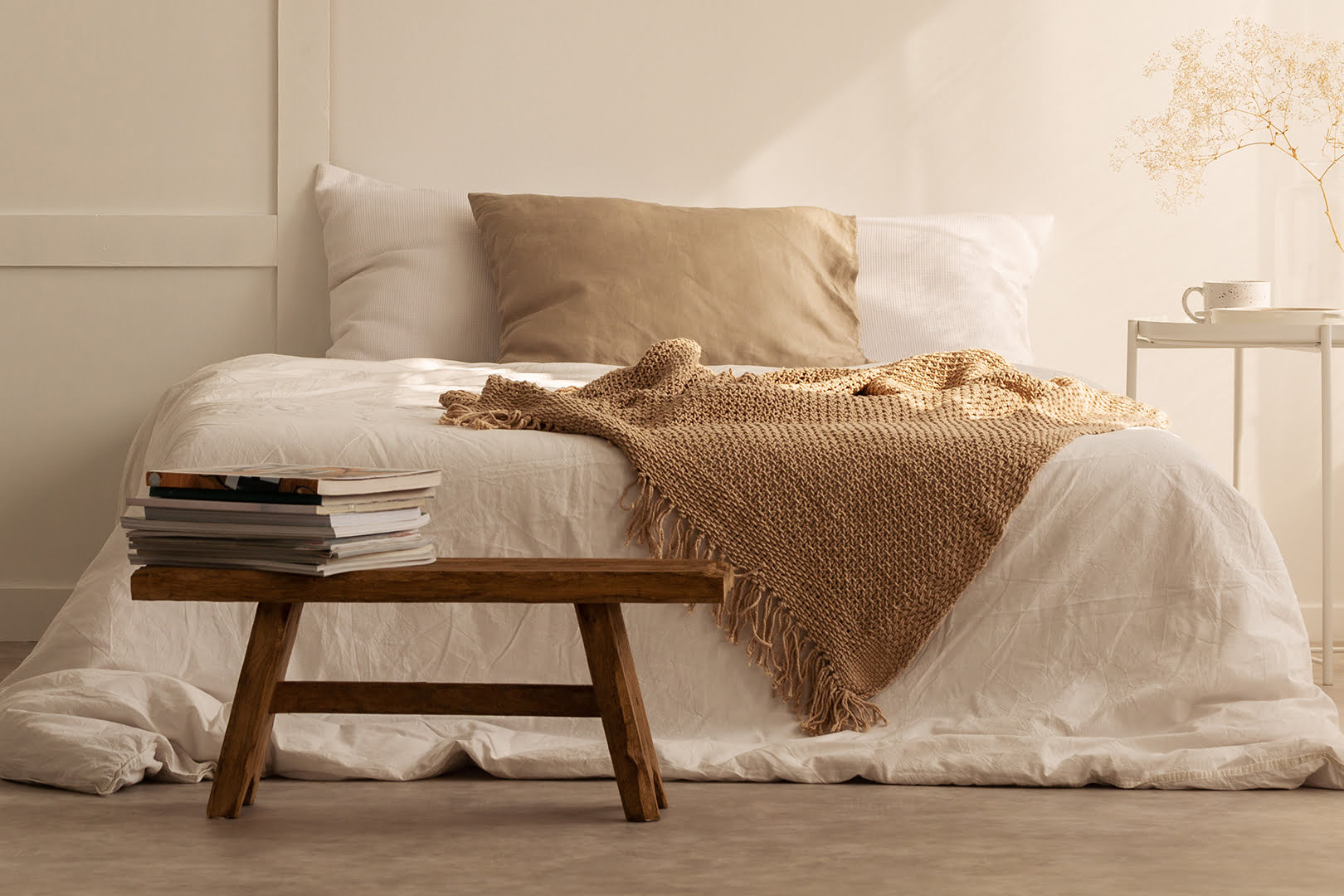




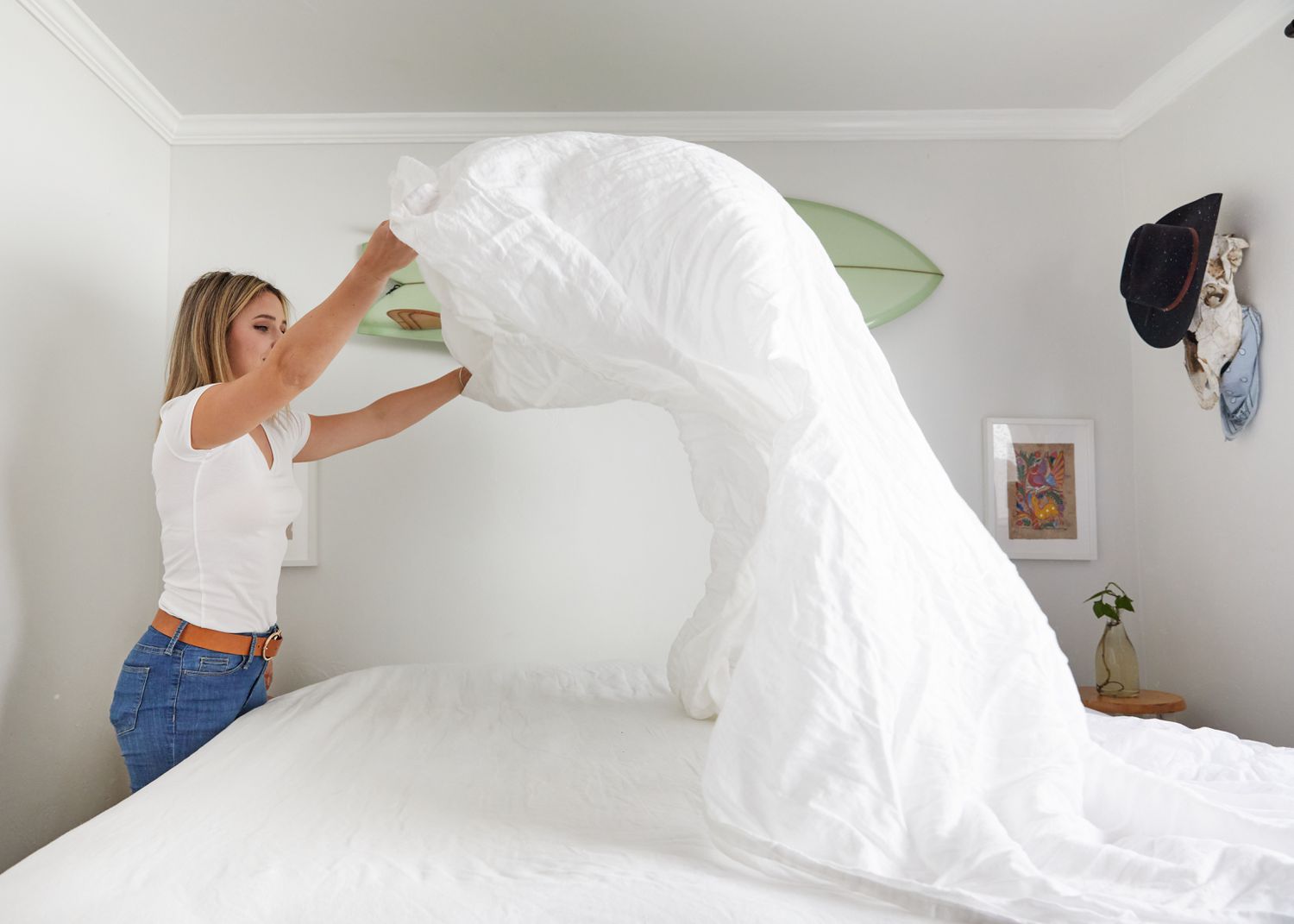
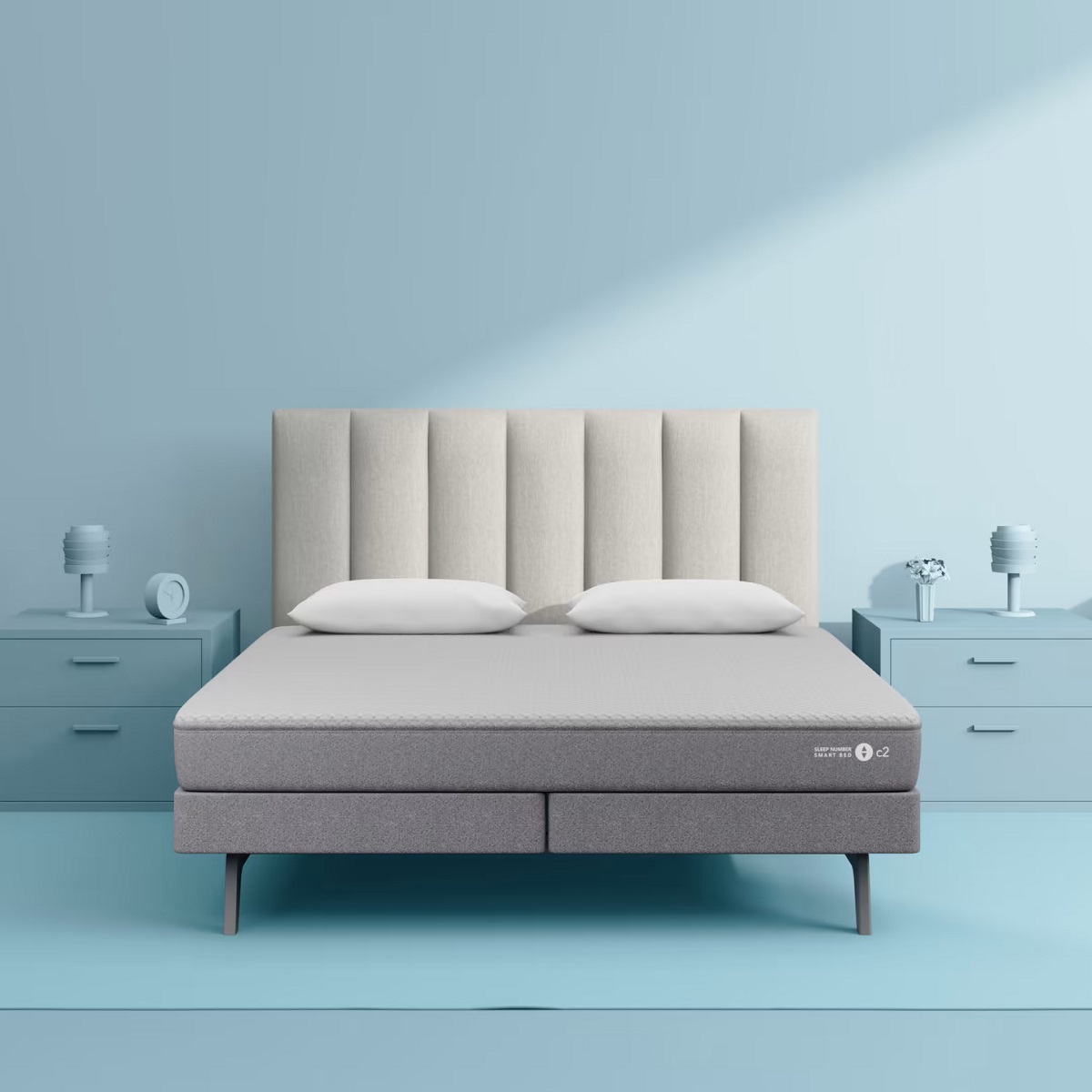

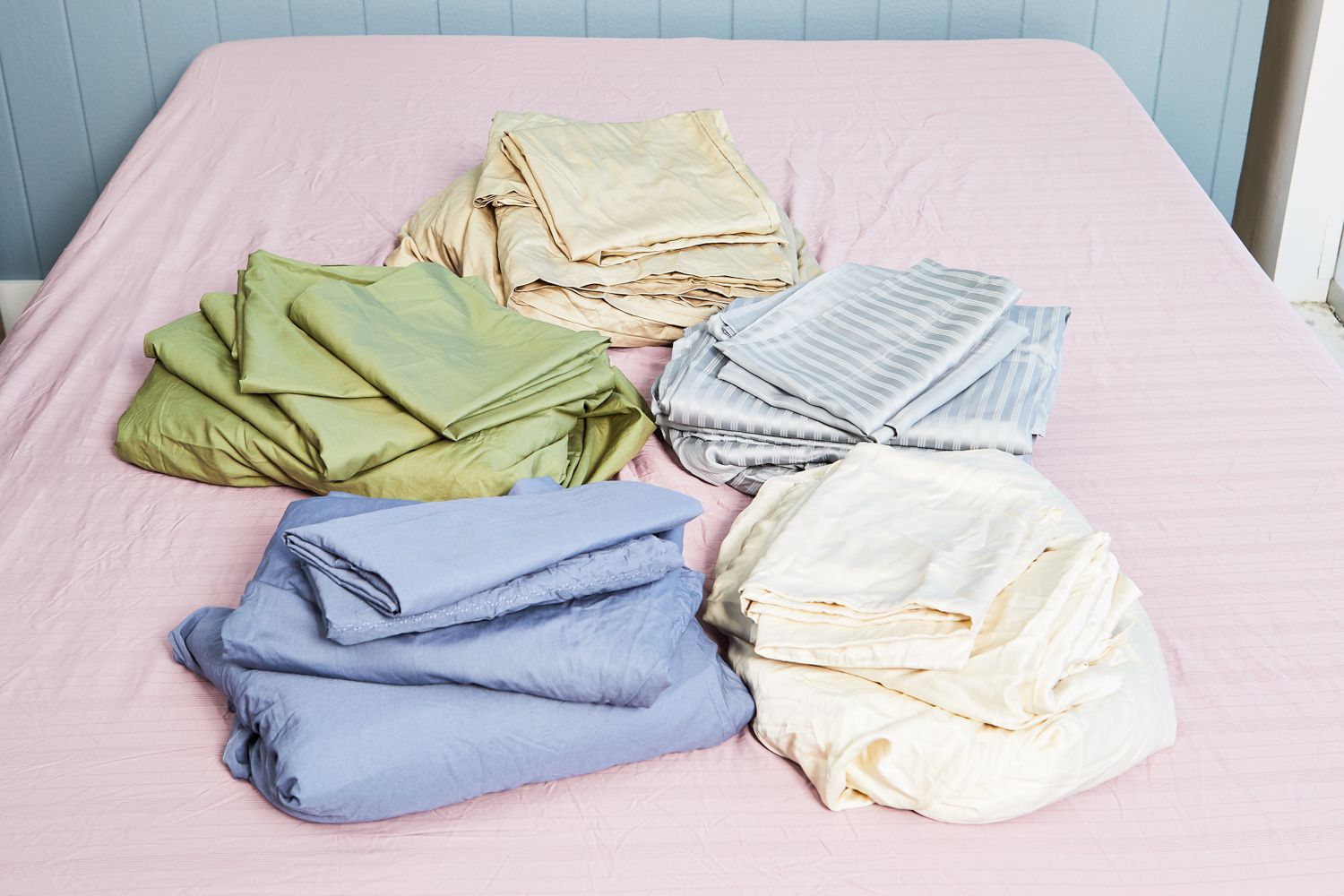

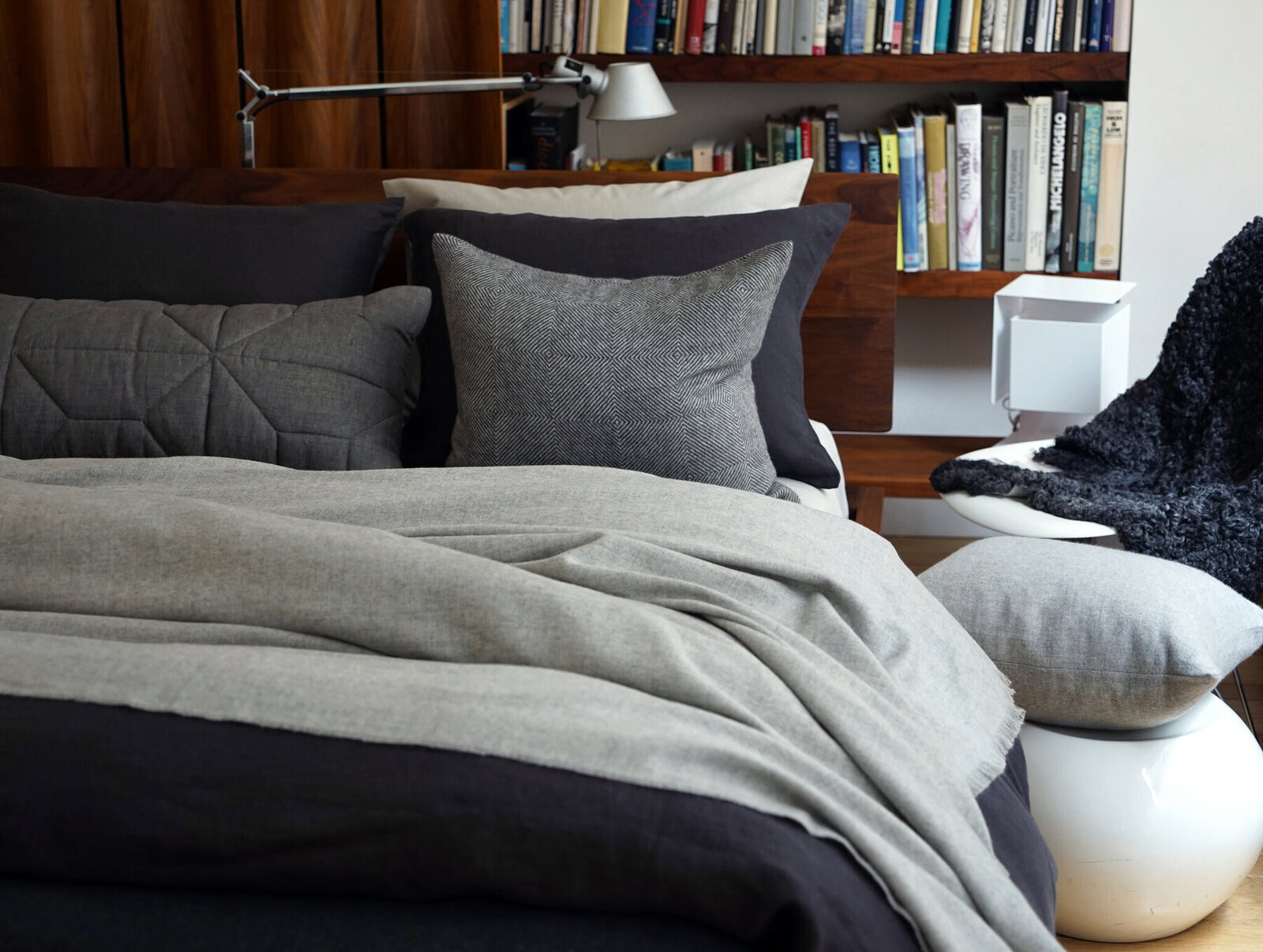

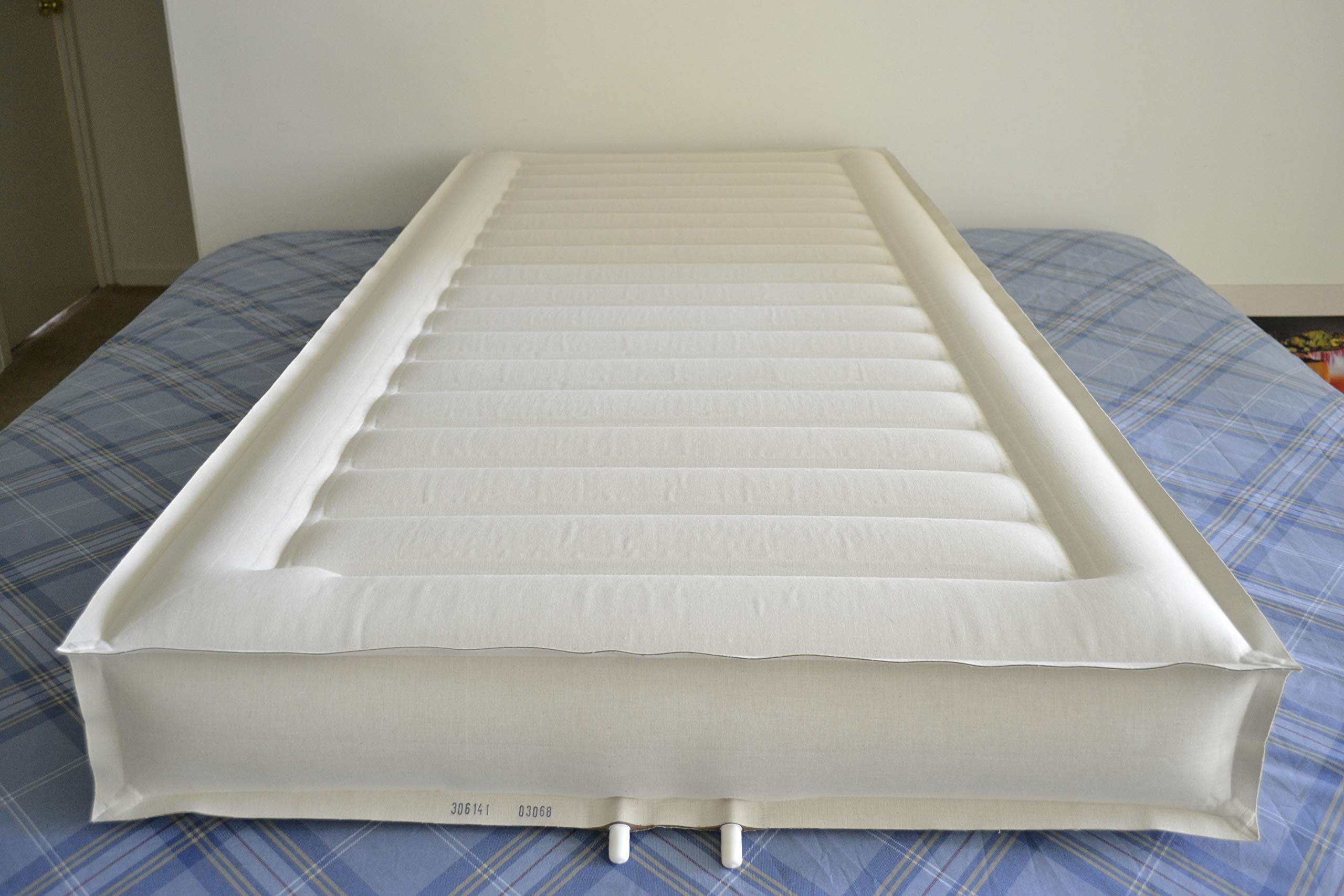
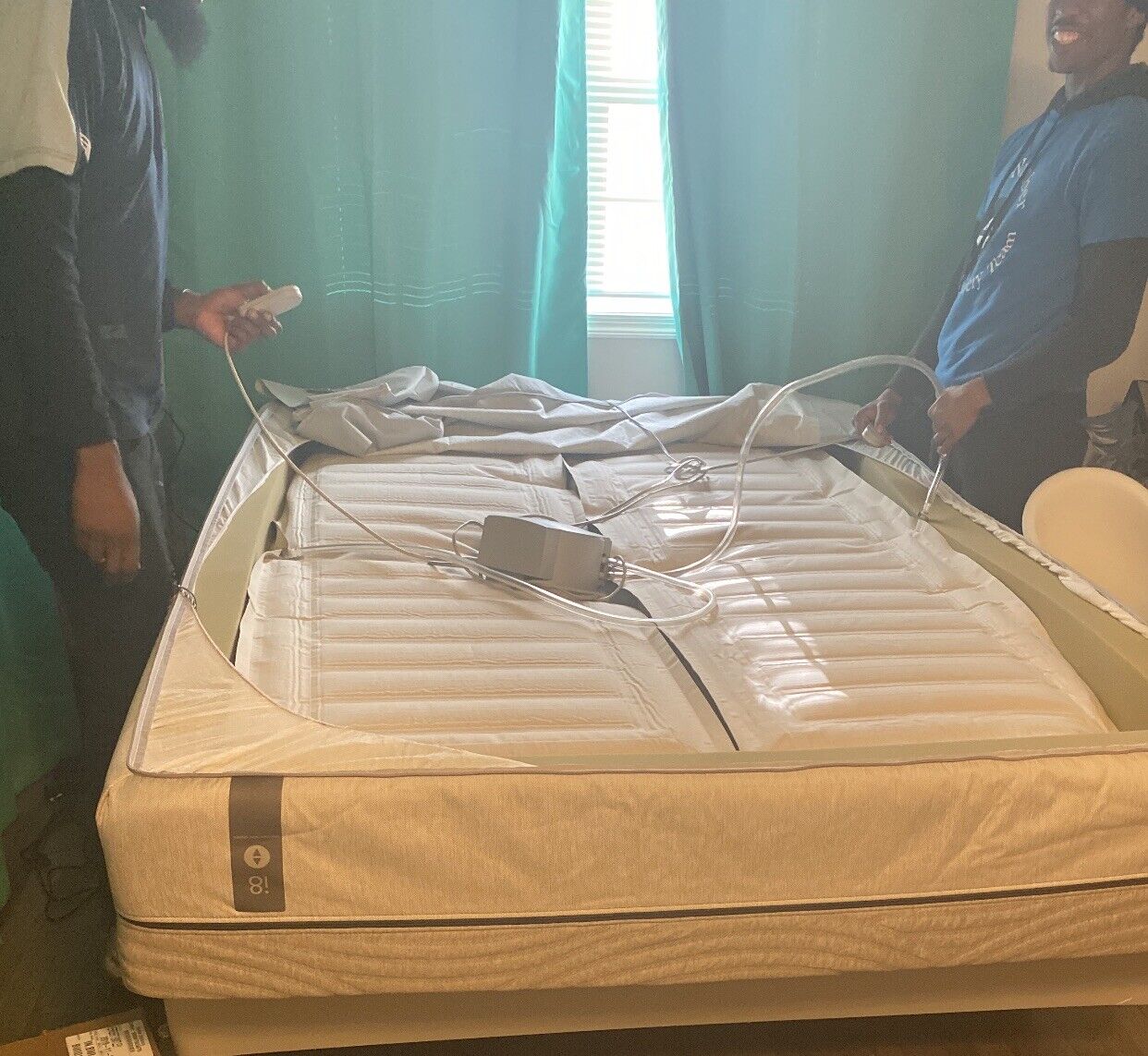

0 thoughts on “5 Bedding Materials To Avoid: They May Be Harming Your Sleep”